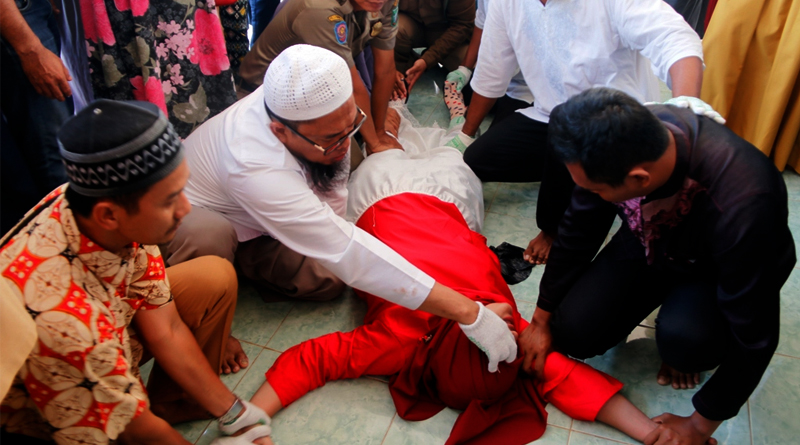Press release – Islam and the Malay custom jurisdiction lies under States’ Majlis Agama Islam
On 4 November 2021, our client (the Petitioner), Ramli bin Ghani, an experienced Islamic healing practitioner, filed a motion at the Federal Court, seeking leave to apply to the court for a declaration that the Traditional and Complementary Medicine Act 2016 (Act 775) (“TCM Act”) is void and unconstitutional because Parliament had no power to make such law.
The Federal Court has set a case management on 20 December 2021.
The Respondents are the Ministry of Health and the Government of Malaysia. Both parties have been served with the cause papers.
The TCM Act is a Federal law passed by the Parliament in 2016 and came into force on 1 August 2016.
We take the position that Parliament had no power to pass the TCM Act because Schedule 9, State List, Item No. 1 of the Federal Constitution provides that States and not Parliament have the power and jurisdiction in matters of Islam and the Malay custom. Islamic healing strikes at the core of Islamic faith, the 5 pillars of Islam, aqidah, and the recitation of Al-Quran.
The TCM Act made it compulsory for every pawang, dukun and Islamic healers (perawat Islam) alike to register with the Ministry of Health. To register, one has to comply with the ‘Islamic requirements’ of the Ministry of Health. Instead of States’ Majlis Agama Islam, the minister makes rules and regulations under the Act.
All these while, matters of this nature are prescribed by Fatwas and guidelines issued by the States pursuant to the advise of Majlis Agama Islam. States’ Islamic Enactments cover these areas.
For example, the sinful act of syirik is punishable by State Enactments. Since Islamic treatment or healing cannot be separated from the core Islamic faith itself, the Petitioner says that Parliament had no power to pass such Act.
This case involves the core of States’ jurisdiction over Islam and Malay custom. There are thousands of Islamic healers/practitioners in Malaysia and it is unreasonable for these individuals to be subjected to an Act not regulated by States.
While Islamic healers are regulated, priests carrying out exorcism are not covered by the TCM Act. Generally, the Catholic Church authorizes the use of exorcism for those who are believed to be the victims of demonic possession but ironically only Islamic treatments called “ruqyah” are regulated by the Act while Christians are not.
The Act also covers matters of traditional Chinese and Indian medicine. This, however, is not an issue even though Chinese and Indian traditional medicine are possibly linked to the customs or teachings of Buddhism and Hinduism respectively. This is due to the fact that Schedule 9, State List, Item No. 1 of the Federal Constitution does not mention the same. In contrast, the said provision clearly provides for matters of Islamic religion and Malay custom.
The Parliament should not have encroached on the State List by passing a law that concerns matters of Islamic religion and Malay custom. Therefore, the Parliament has gone beyond its legislative power and competence and came into direct conflict with States’ powers. On that basis, the TCM Act is unconstitutional and void insofar as it transgresses the State List as the Parliament has no power to make such law.




